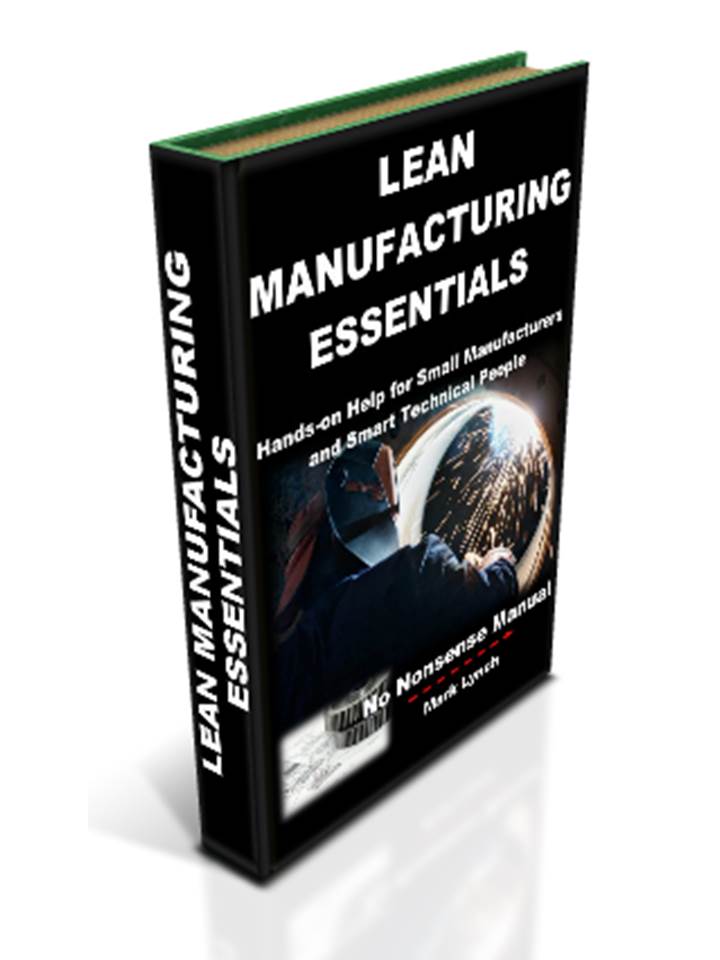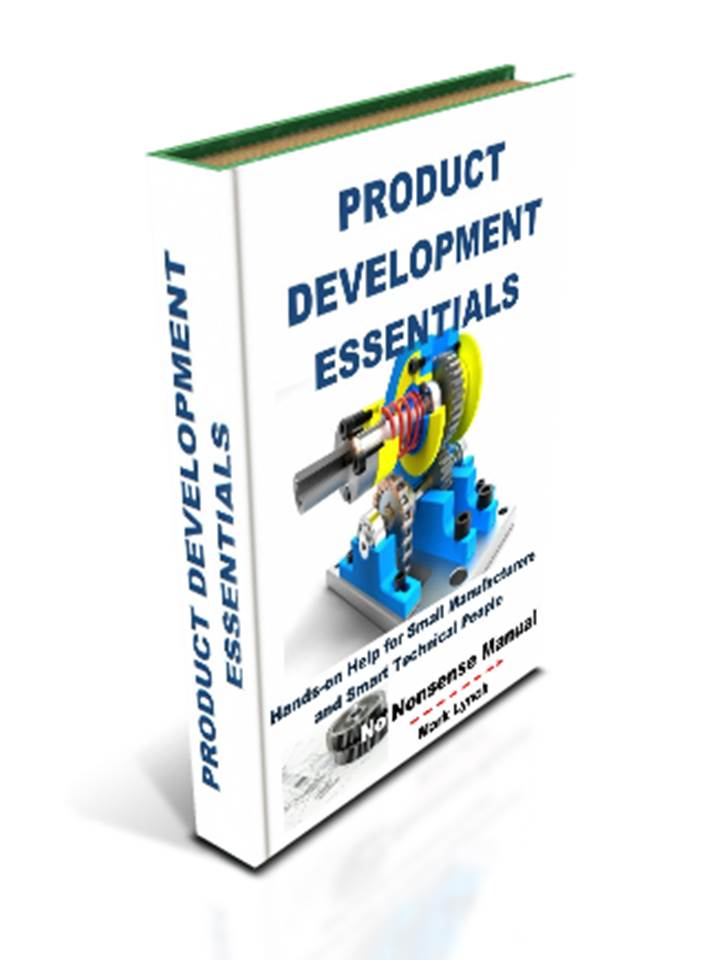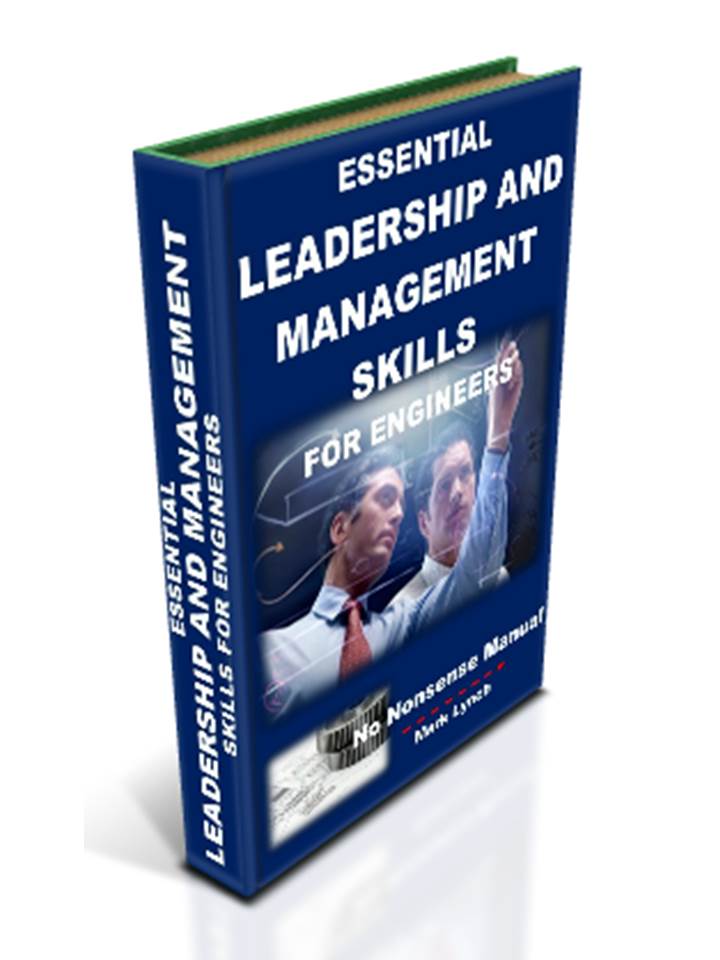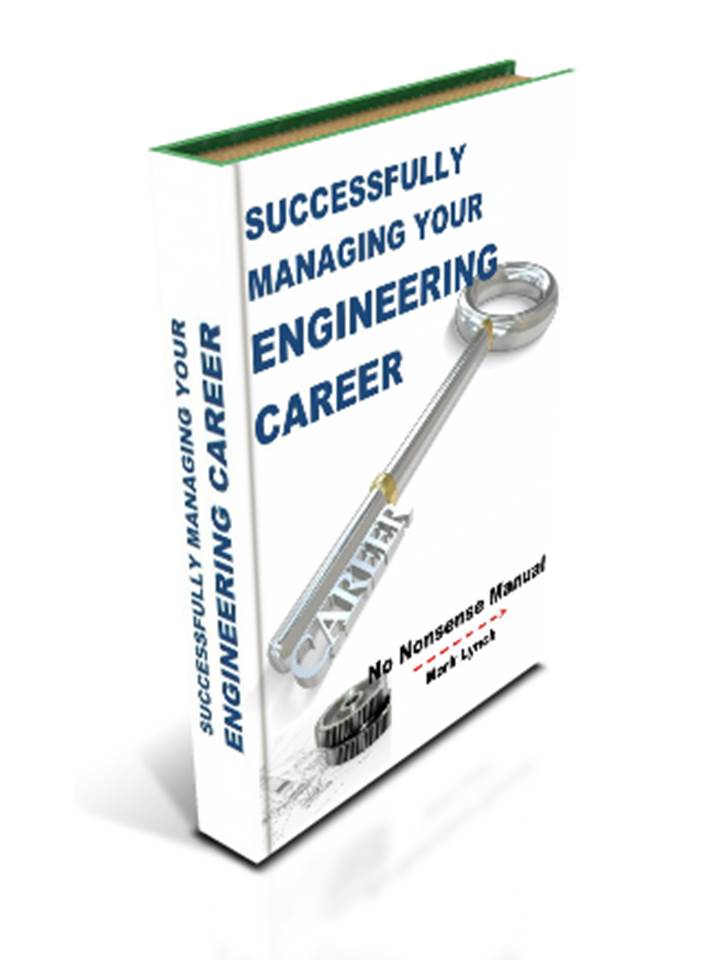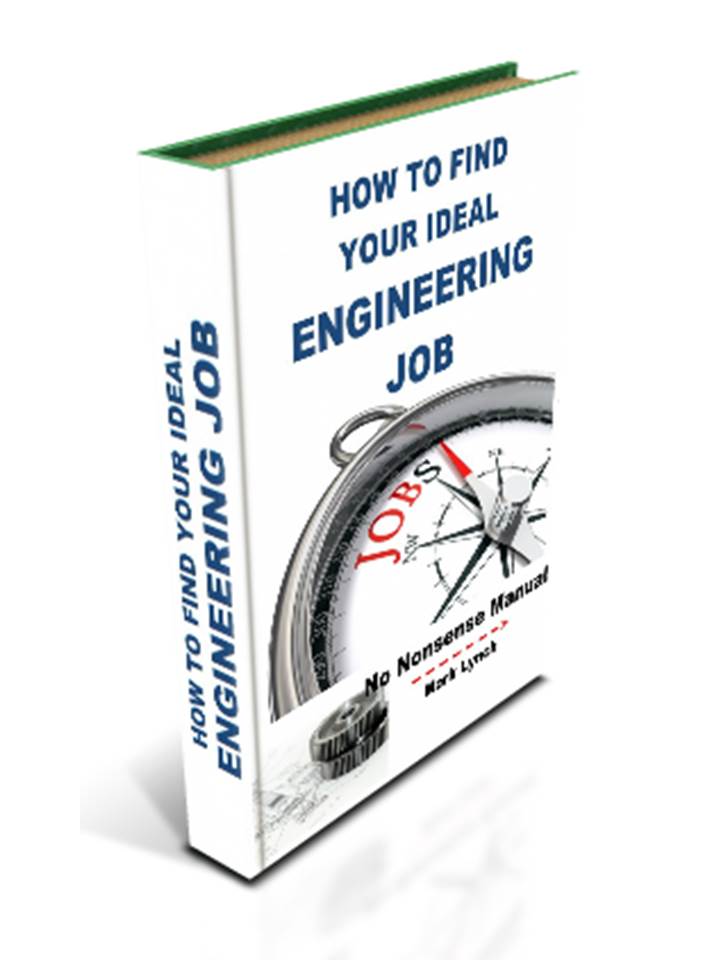'Hands-on Help for SMEs' and Smart Technical People'
Freelance Engineer
Expert Help for Freelance, Contract and Consulting Engineers
Are you a Freelance Engineer, Consultant or Contractor? Why now is your time....
Welcome to the dynamic and empowering world of freelance, consultant and contract engineering—a domain where your skills are your passport to an exciting and diverse career landscape.
As a freelance engineer, you possess the remarkable ability to shape your professional destiny. You've got the autonomy to pick projects spanning industries and disciplines, that work for you... so make it happen.
Here, independence fuels innovation. Embrace the freedom to select projects aligned with your passions, allowing your creativity to flourish while tackling challenges that invigorate your problem-solving prowess.
Great freelancers seamlessly transition from one project to another, each requiring a unique blend of technical expertise, creativity, and strategic thinking. Whether it's conceptualizing sleek designs using cutting-edge software or collaborating closely with clients to bring visions to life, your versatility propels you forward.
As a freelance engineer, contractor or consultant, you're not just a professional; you're a driving force behind progress, a catalyst for innovation in an ever-evolving landscape. Your journey is marked by endless opportunities to learn, grow, and leave an indelible mark on the projects you undertake.
So, welcome to a world where your expertise is your currency, your creativity knows no bounds, and your passion fuels your success. Embrace the adventure ahead as you navigate the dynamic terrain of freelance and contract design engineering—where each project is a testament to your skills and a step forward in your remarkable career journey.
The Top 10 things Top Tier Freelance Engineers do to be the best in their field and win the most lucrative contracts...
Becoming a top-tier contractor, consultant or freelance engineer involves a blend of technical prowess, soft skills, and a commitment to continuous improvement. Here are ten key strategies to excel in this field (no order):
1. Master Technical Skills:
Continuously upgrading technical skills ensures you're adept with the latest tools and methodologies. Explore advanced features within software suites, such as parametric modeling in CAD software or finite element analysis in simulation tools. Engage with online forums or user groups to learn tips, tricks, and best practices directly from experienced users. Pursue specialized courses or certifications relevant to your field, like automotive design or aerospace engineering, to deepen your expertise and stand out in a competitive market.
2. Effective Communication:
Communication proficiency extends beyond technical jargon. Practice tailoring your message to diverse audiences. Develop the ability to explain complex concepts in layman's terms without oversimplifying. Sharpen your presentation skills to deliver compelling pitches or project updates. Actively listen to clients and stakeholders, ensuring you grasp their needs fully before offering solutions, which in turn fosters trust and collaboration.
3. Adaptability and Flexibility:
Embrace versatility by being open to diverse project scopes and industries. Stay agile in your approach, as each client or project might require a different set of skills or methodologies. Adapt to varying team dynamics, project timelines, and unexpected challenges. Flexibility not only demonstrates your versatility but also enhances your problem-solving abilities in diverse contexts.
4. Attention to Detail:
Beyond creating aesthetically pleasing designs, meticulous attention to detail ensures functional excellence. Verify measurements, tolerances, and material specifications rigorously. Conduct thorough reviews of your designs to catch potential errors early on. This precision not only improves the quality of your work but also reduces the likelihood of rework or costly mistakes in the manufacturing phase.
Becoming a 6 figure freelancer in CAD industry, my 5 Step process by SourceCAD
5. Problem-Solving Skills:
Cultivate a systematic approach to problem-solving. Break down complex issues into manageable components, allowing for a structured analysis and resolution process. Employ techniques like root cause analysis or brainstorming sessions to explore diverse solutions. Embrace failures as learning opportunities, refining your problem-solving skills with each challenge encountered.
6. Client Relationship Building:
Building rapport with clients involves more than technical expertise. It necessitates empathy, understanding, and a client-centered approach. Regularly update clients on project progress, being transparent about any hurdles or deviations from the initial plan. Be responsive to their feedback, incorporating it whenever feasible. Developing a reputation for reliability and exceeding client expectations fosters enduring professional relationships.
7. Time Management:
Efficiently managing time involves setting realistic goals, breaking tasks into manageable chunks, and adhering to deadlines. Utilize tools like project management software to create timelines and track progress. Prioritize tasks based on urgency and importance, allocating adequate time for each stage of the project. Regularly reassess and adjust schedules as needed to ensure timely completion.
8. Continuous Learning and Improvement:
Embrace a lifelong learning mindset by actively seeking new knowledge. Engage in webinars, workshops, or industry publications to stay abreast of emerging technologies and methodologies. Pursue advanced certifications or specialized training to deepen expertise in niche areas. Engaging in continuous learning not only enriches your skills but also positions you as a thought leader in your field.
9. Documentation and Record Keeping:
Maintain comprehensive documentation throughout the project lifecycle. This includes design iterations, client communications, change orders, and technical specifications. Detailed documentation not only aids in project management but also serves as a valuable resource for future reference, troubleshooting, or scalability of similar projects.
10. Professional Development and Networking:
Actively participate in professional organizations, industry conferences, and networking events. Engage in discussions, share insights, and build relationships with peers and industry leaders. Networking not only exposes you to diverse perspectives but also opens doors for collaborations, referrals, and potential project opportunities.
These strategies collectively contribute to your professional growth and set the foundation for success as a contract design engineer. Continuously refining these skills ensures you remain competitive and sought after in the dynamic landscape of engineering.
So, Question? How do you honestly rate yourself in each of these 10 areas on a scale of 1-5? What else could you do to raise your game in each area? Why not do some research, invest in a bit of 'you' time and put together a development plan? Your employability, next gig or new breakthrough career opportunity may depend on it.
Top 05 Freelancing Ideas for Mechanical Engineers by CADD Knowledge
How to Start Out as a Freelance Engineer, Contractor or Consultant...
How to Grow and Scale Your Freelance Engineering Business...

